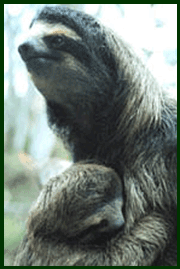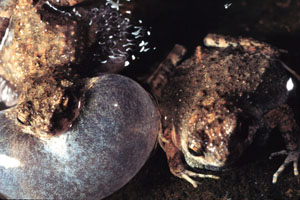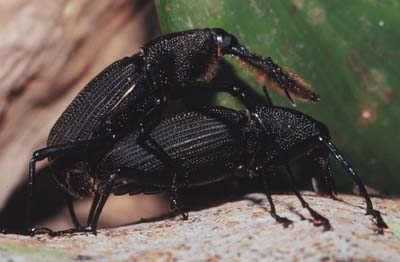
Home |
 |
What do animals do? Hibernate, forage, mate, form social groups, compete,
communicate, care for their young, and so much more.
How do animals achieve these things? With the tools of their physiology, anatomy, and, in some cases, culture. Why do animals do what they do? For reasons having to do with their particular ecology and evolutionary history. In this program, we will be studying animal behavior from both a theoretical and an empirical perspective. Students will be expected to engage some of the complex and often contradictory scientific predictions and results that have been generated in this field, as well as undertake their own independent, field-based research projects to be presented to the class at the end of the quarter. |
|
Some of the topics that we will focus on include mating systems, territoriality, female mate choice,
competition, communication, parental care, plant/animal interactions, and convergent evolution.
Interested students should have background in the scientific process, and evolutionary and ecological theory. This upper division science program will have a large workload, so if you don't have the background, you should consider another program. If you are intent on being in this program, but aren't confident of your preparedness, read the following before the first day of class in order to "catch up."
|
 |
 |
The texts that we will be using in this program include:
For consistently high quality work in this program, 16 upper division science credits will be given in behavioral ecology, evolutionary theory, zoology, and statistics. |
| Faculty Name | Phone | Location | Webpages | |
| Heather Heying | (360) 867-5535 | heyingh@evergreen.edu | Lab 1, room 3049 | Teaching (TESC) Personal (bamboofrog.org) |